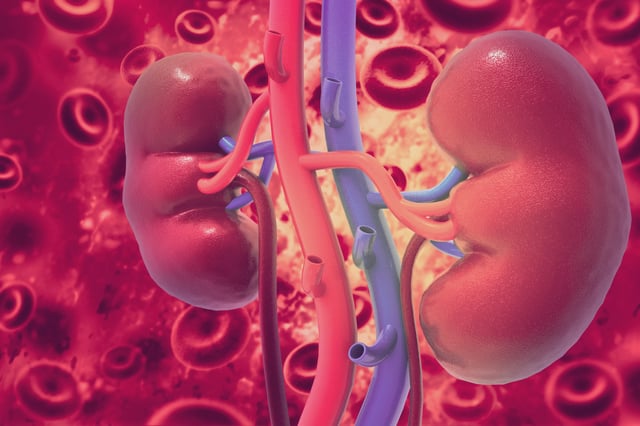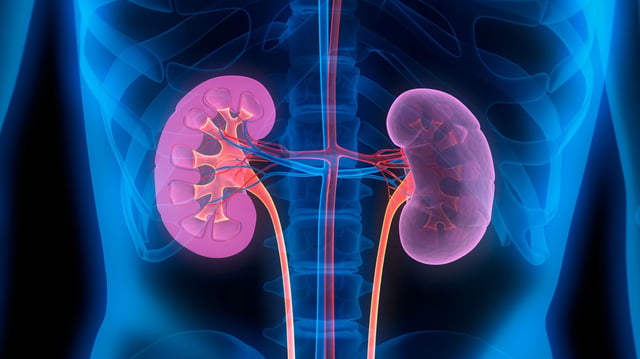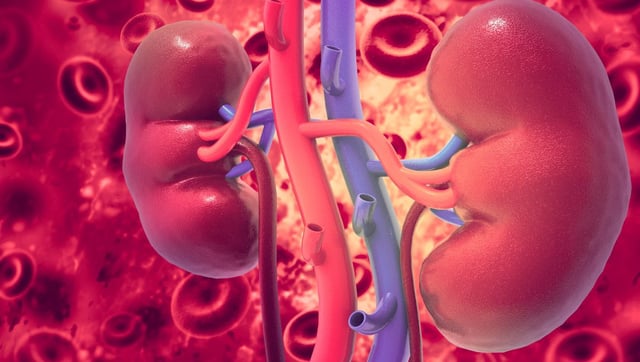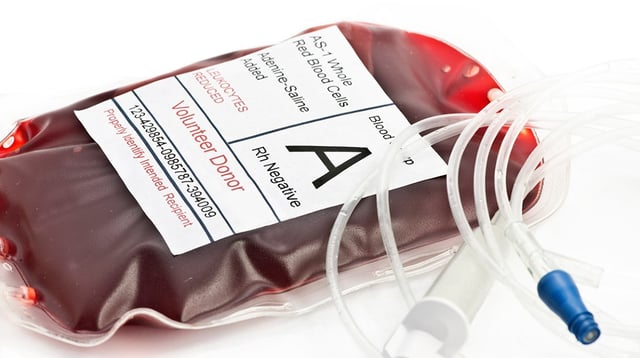Overview
- Researchers used bacterial-derived enzymes from the University of British Columbia to strip A antigens from a donor kidney, converting it to type O and transplanting it into a brain-dead recipient in Chongqing, China.
- The organ showed no hyperacute rejection for two days and produced urine for six days, but some A markers resurfaced by day three with a mild immune reaction and signs of emerging tolerance.
- Findings from the first-in-human decedent model were published October 3 in Nature Biomedical Engineering, demonstrating in vivo feasibility but highlighting durability challenges.
- The approach targets ABO incompatibility at the organ level, potentially easing long waits for type O patients and reducing the need for intensive antibody-removal regimens in recipients.
- Avivo Biomedical, a UBC spin-off, will pursue regulatory pathways to enable clinical trials and further develop the enzymes for transplant and on-demand universal blood applications.



